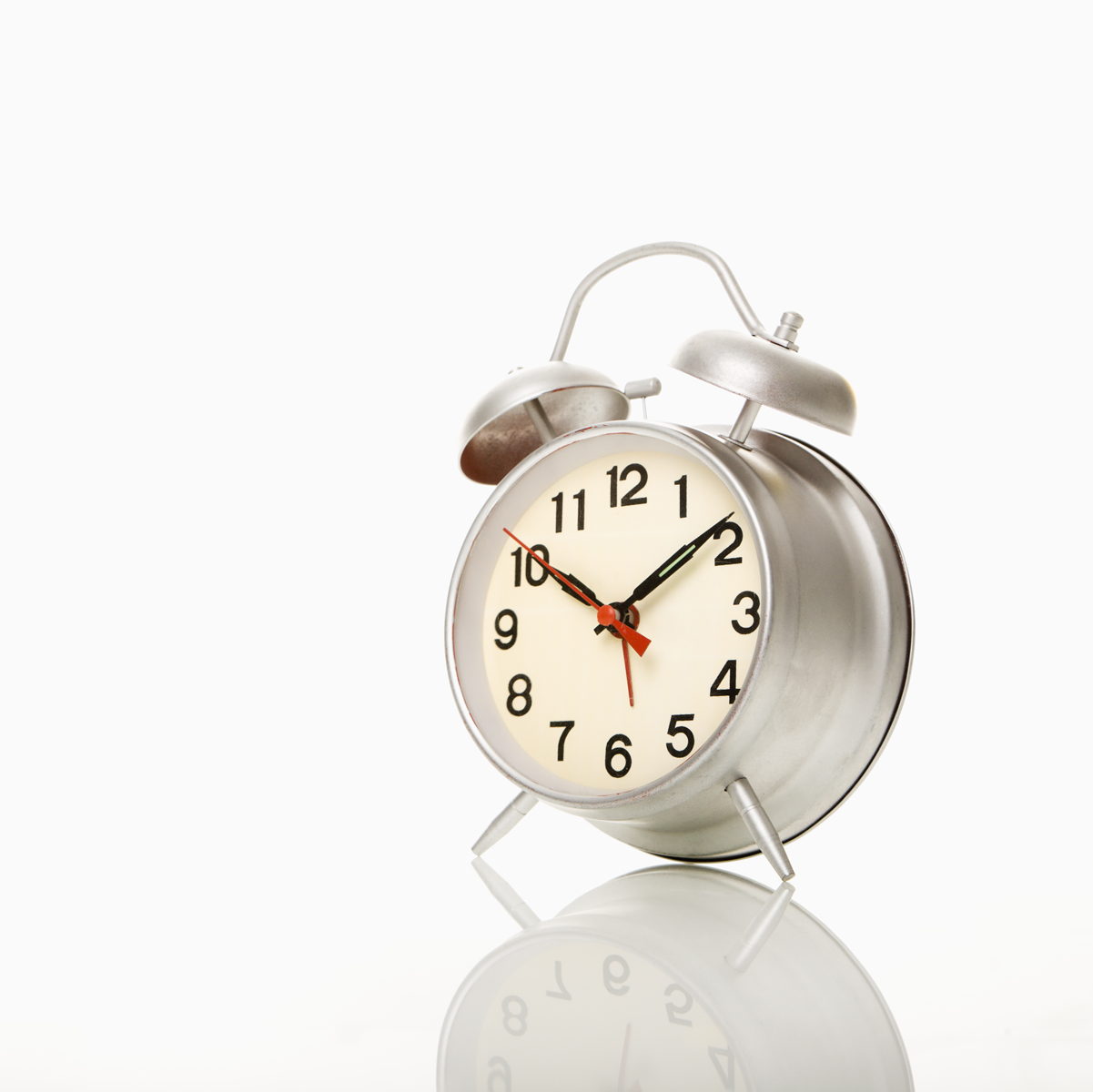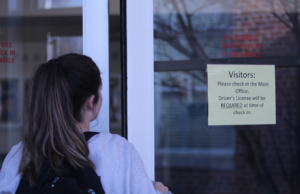Sleeping on the Job: Students overlook their brains’ nightly needs

Teenagers need between 8.5 to 9.25 hours of sleep each night to function optimally. According to the National Sleep Foundation, only 15 percent of teenagers get 8.5 hours of sleep on school nights. With lack of sleep comes many undesirable consequences (mistakes on homework, tests and the sports field). But then again, it can be difficult to choose sleep over meeting deadlines for assignments, extra curricular participation and work. The only way to sleep for the recommended amount of time is to make it a top priority.
Sleep can help you eat better. Lack of sleep causes teens to consume too much in general, but specifically, junk food. Reduced sleep feeds cravings for sweets and fried foods. Thus, a lack of shuteye correlates with weight gain in teenagers.
The first thing I look for when I am low on steam is a large cup of black coffee. Like many teenagers, I increase my caffeine intake to fight off that tired feeling. However, I’m only fooling myself. Although the droopy eyelids may rise for a few hours, the damage from not getting enough sleep is already done. No pills, no vitamins, no beverages can replace sleep.
I was told as a kid to get my “beauty sleep,” especially before a performance on stage. Although it has become a cliche to some extent, the popular phrase is 100 percent accurate. Sleeping less than the recommended 8.5 hours makes teenagers more prone to pimples. Sleep deprivation contributes to acne and other skin problems in teens as well.
If you aren’t vain enough for weight gain and pimples to persuade you to set sleep at the top of your list, get this. Falling asleep at the wheel causes more than 100,000 car crashes every year. At this point I would like to inform you of M.A.D.D. (Maya Against Drowsy Driving). When someone is sleep deprived, he or she is as impaired as driving with a blood alcohol content of 0.08 percent (the legal blood alcohol content in Iowa). A teen who sleeps less is also more likely to have any accident, injury or illness. Whether driving home from work or a party late at night, being tired or being under the influence can yield the same consequences.
There are ways to combat the seemingly daunting task of fitting in school, activities and enough zzzzz. Naps (not too long or too close to bedtime) can make teens work more efficiently. Also, developing a consistent sleep schedule will help the body feel less tired and allow it to get in sync with its natural patterns. Using a routine also makes it easier to fall asleep. Developing a consistent routine night after night will teach the body signals that it is time to sleep (these can include showering, bathing or reading). In the hour before sleeping, doing quiet, calm activities excluding watching television or being on the computer or telephone, helps teens fall asleep more easily. By jotting down to-do lists before falling asleep, you will be less likely to stay awake worrying or stressing. I have found myself doing this throughout high school, and after I have written my thoughts down, sleep finds me immediately.
During adolescence, biological sleep patterns shift toward later times for sleeping and waking, making it normal for teenagers not to be able to fall asleep before 11 p.m. Because school start time is 8:05 a.m., we teens must train our bodies with healthy routines to get the recommended 8.5 hours. By not complying, we limit our ability to concentrate, listen, learn and retain important information. Speaking of which, if you’ve forgotten how this article started, go take a nap and then read it again.









You must be logged in to post a comment Login